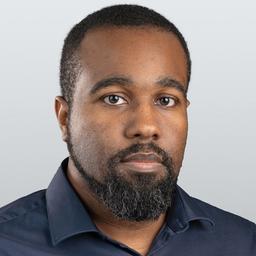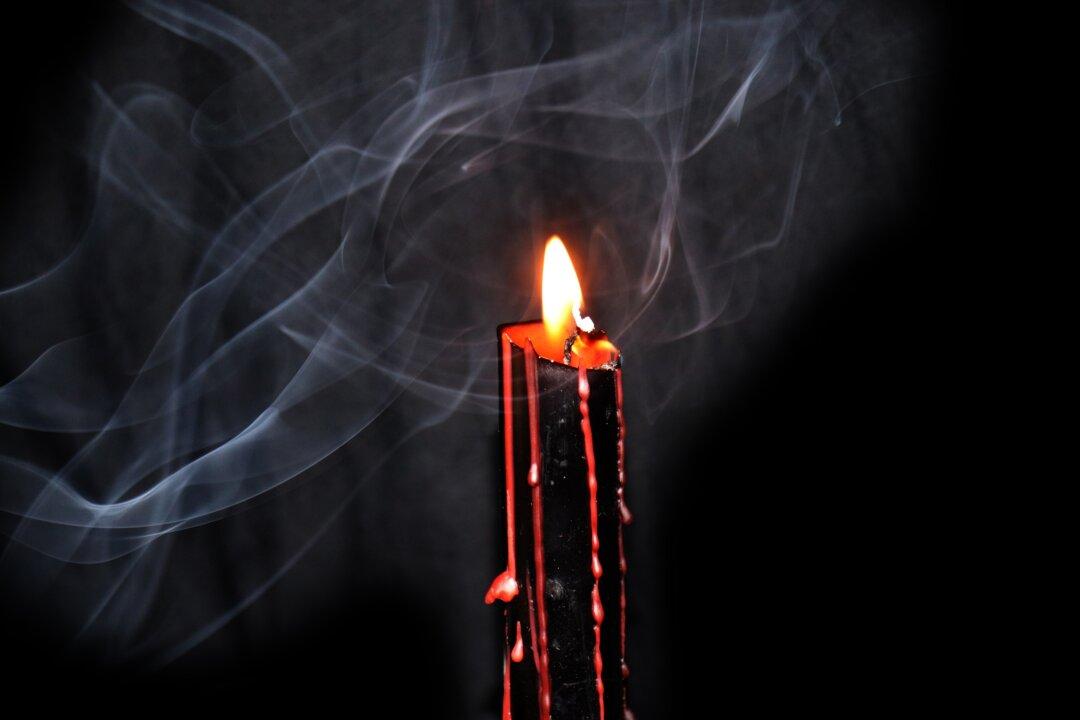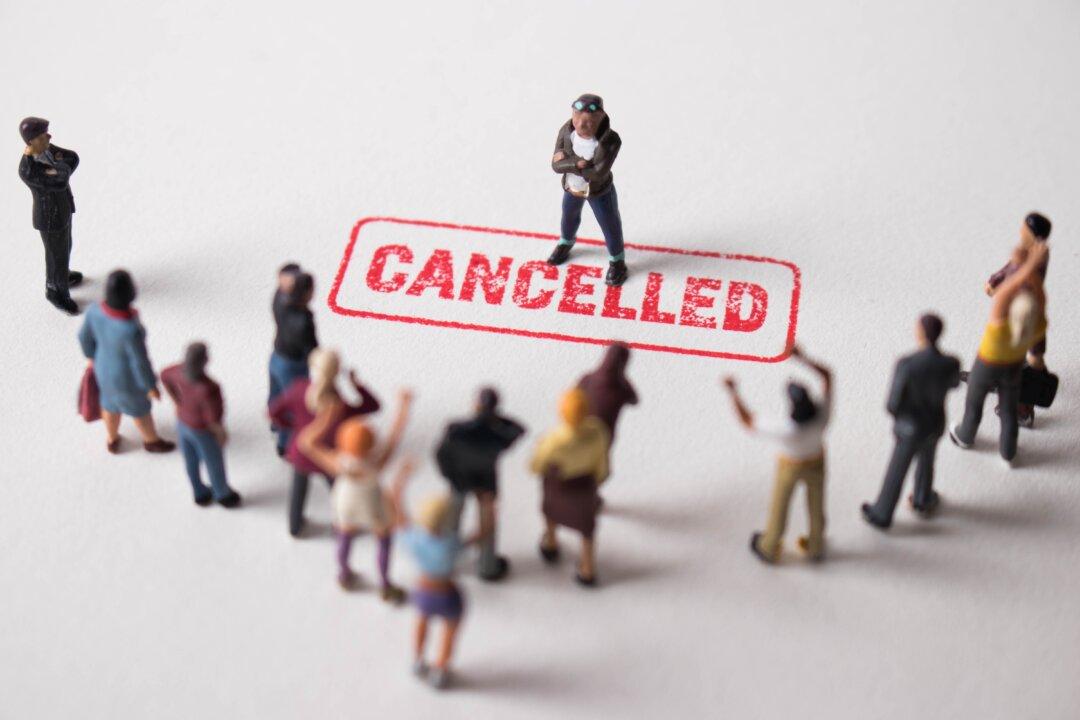Commentary
For most Americans, Father’s Day is a time to show their appreciation to the man who helped raise them, guide them in life, and is a role model for healthy masculinity. However, for me, as a child, I saw Father’s Day as a day to ignore, because my father ignored me.





